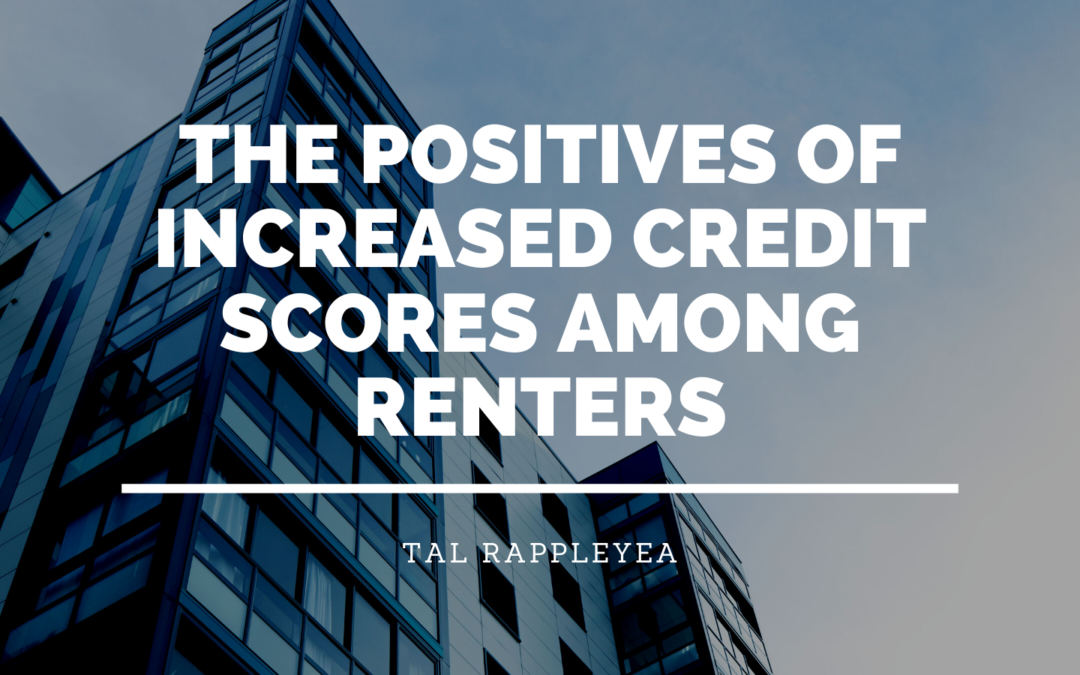It’s always important to review the tenant’s credit score before getting into any agreements with them. A credit score is the main factor used by landlords to screen and determine a tenant’s reliability. The credit score isn’t often part of the required details in the rental application. However, it’s recommendable for landlords to screen the tenants thoroughly while reviewing the applications.
The fact is that not all rental properties are under established property management companies. Most are owned and operated by individuals who depend on the rentals’ revenue to pay off their mortgages and daily expenses. Continue reading to understand the benefits of increased credit scores.
Benefits of a Good Credit Score
In 2020, research revealed that the average credit score for tenants country-wide was 638 for average credit score. It showed that there had been an increase by one point every year for the past three years. For high-end buildings, the average credit score was 669, while for the low-end renters, the average score was 597. With this in mind, there is no minimum credit score for renting a home. It gives the landlords the liberty to decide which credit score to accept or reject.
However, if landlords form a front and resist tenants with a low credit score, it would be better. It will force the tenants to work hard and improve their credit scores, which reduces the instances of late payments, and the landlords’ cash flow will stabilize. The renters with an above-average credit score will ensure easier rental applications in the future.
Credit Score Requirements
According to credit bureaus, anything between 580 and 669 is fair. On the other hand, one has a poor credit score rating if it’s anything below 580. 670 to 739 is said to be a good score, and scores above 740 are said to be exceptional. Choosing the credit score to accept or reject is entirely up to the landlord. One landlord might find a credit score of 630 more appealing, and another one may not even consider it. Therefore when vetting renters, a single credit score might not be enough. One could view their jobs and the employers too. If the job is steady, there is less risk of lower credit score holders being unable to pay their rents.
